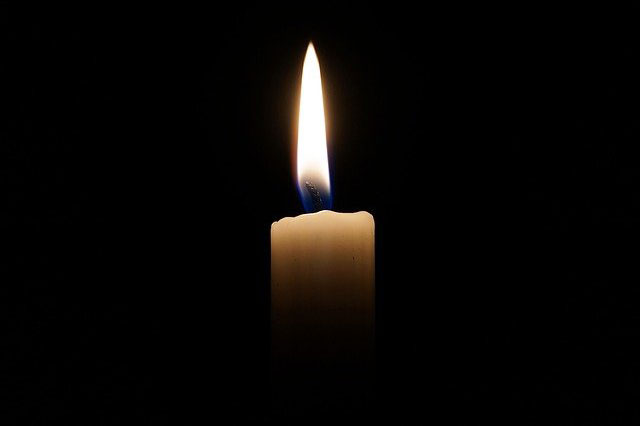Harare – Zimbabwe’s government on Tuesday announced a sudden end of blackouts that have crippled businesses and left millions of households without electricity for up to 19 hours a day.
The information ministry said a cabinet meeting had “noted with satisfaction” that the power utility “has announced the end to load-shedding as a result of the interventions implemented” by government.
The statement did not give details of the steps taken to end the so-called load-shedding.
The southern African country has for years been reeling under severe power shortages.
They worsened late last year when the main electricity supply, a hydro plant at the giant Kariba Dam in the north, suffered very low water levels caused by recurring droughts.
ALSO READ | Zimbabwe fires up new coal unit to ease power cuts
In March the power utility company said it had launched a new 300 megawatt coal-fired unit with Chinese finance in a bid to ease repeated power outages.
But Zimbabweans greeted the news of the end of outages with scepticism, as some said they were sitting in the dark as the announcement was made.
One Zimbabwean @sammie541 tweeted “funny (be)cause we actually don’t have…(electricity) now”, adding her Harare neighbourhood had been without power since Monday.
Other Zimbabweans questioned on Twitter if the announcement was not strategically timed ahead of national elections due next month.
The country goes to the polls on August 23 to elect a president and legislature.
Eighty-year-old President Emmerson Mnangagwa, who replaced strongman ruler Robert Mugabe in 2017 after a military-led coup, is seeking re-election.
But he faces a disaffected population that is battling hyperinflation, poverty and high unemployment.
Official figures placed inflation at 175.8% in June, up from 86.5% in May, but Johns Hopkins University professor of applied economics Steve Hanke believes real inflation in Zimbabwe is more than 1 000%.
Follow African Insider on Facebook, Twitter and Instagram
Picture: Twitter/@MapulaMokgosang
For more African news, visit Africaninsider.com
Compiled by Betha Madhomu


